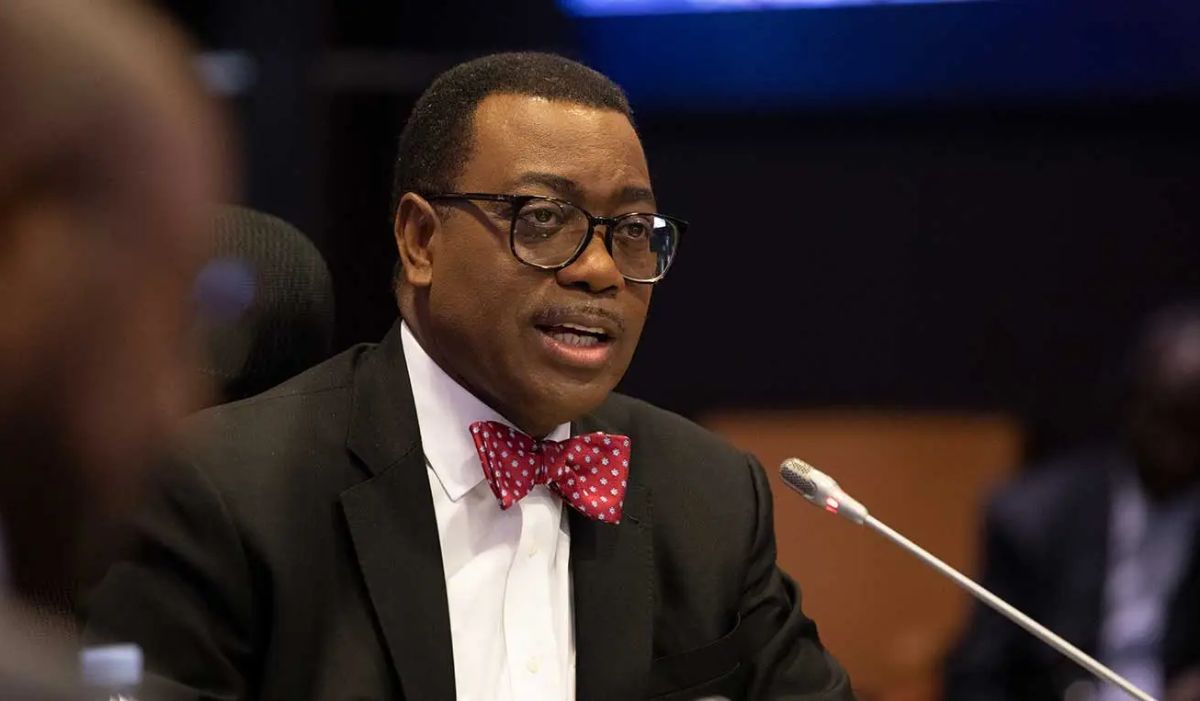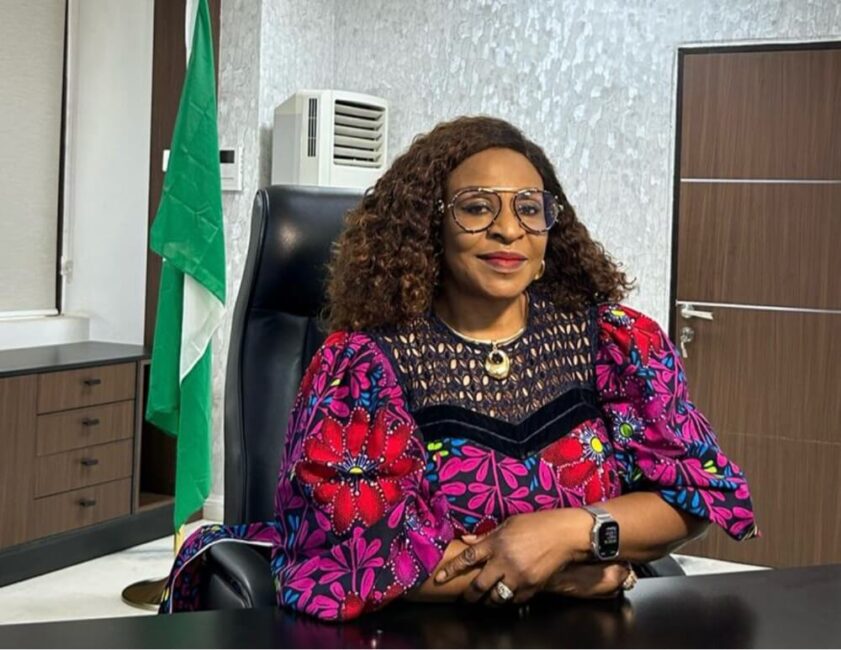Stop Exporting Raw Materials – AfDB Chief, Adesina Tells African Nations

President of the African Development Bank (AfDB), Dr. Akinwumi Adesina, has urged African nations to stop exporting raw materials to address the continent’s persistent challenges with poverty and underdevelopment.
In a post shared on his X account on Thursday, Dr. Adesina emphasised that Africa must transform its economic model—from being primarily a supplier of unprocessed commodities to becoming a manufacturer of value-added products. He suggested that this transition is essential for achieving sustainable economic growth and development across the continent.
According to statistics from the Office of the U.S. Trade Representative and other multilateral organisations, Africa contributes less than 2% to global manufacturing output, despite its abundance of natural resources.
The AfDB president’s call aligns with the growing push for industrialisation and economic diversification across the continent, as African nations seek to create more jobs, boost export earnings, and reduce their dependence on volatile commodity prices in global markets.
“Africa must end the export of its raw materials. The export of raw materials is the door to poverty. The export of value-added products is the highway to wealth. And Africa is tired of being poor,” he wrote.
Despite possessing abundant natural resources that are highly valued globally, Africa’s participation in international trade remains limited, accounting for less than 3% of global commerce.
In recent years, momentum has grown around changing this economic reality. The African Continental Free Trade Area (AfCFTA) represents one of the most significant initiatives aimed at strengthening intra-African trade, enhancing manufacturing capabilities, and promoting value addition across economic sectors.
The AfDB leadership has been vocal in advocating for policies that support agricultural industrialisation, energy development, and infrastructure improvement as essential components for transforming the continent’s economic landscape.
Recently, Dr. Adesina expressed concerns about the allocation of the International Monetary Fund’s Special Drawing Rights (SDRS), noting that African nations received only $33 billion, just 4.5% of the $650 billion distributed globally.
He emphasised that this distribution model failed to account for Africa’s urgent financial needs, particularly as the continent faced severe economic challenges during the pandemic while lacking sufficient fiscal capacity to implement effective recovery strategies.
In response to these disparities, the AfDB has partnered with the African Union to develop mechanisms for redirecting unused SDRS from wealthier nations to African economies. Building on the Afdb’s strong AAA credit rating, the institution has established a new framework, developed in collaboration with the Inter-American Development Bank, that has received approval from the IMF Board.



